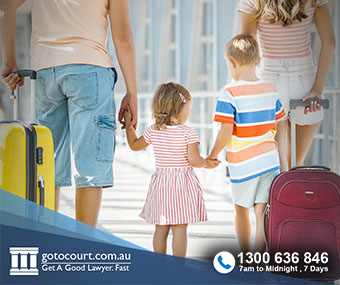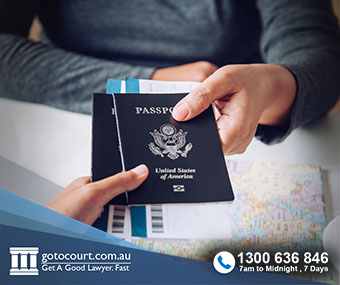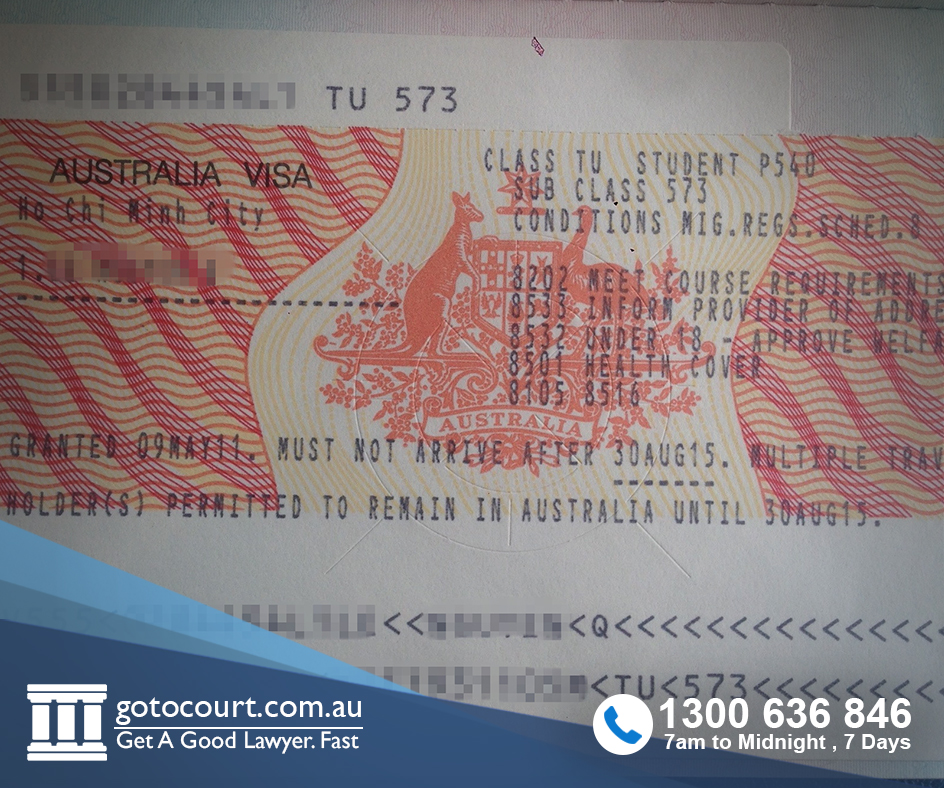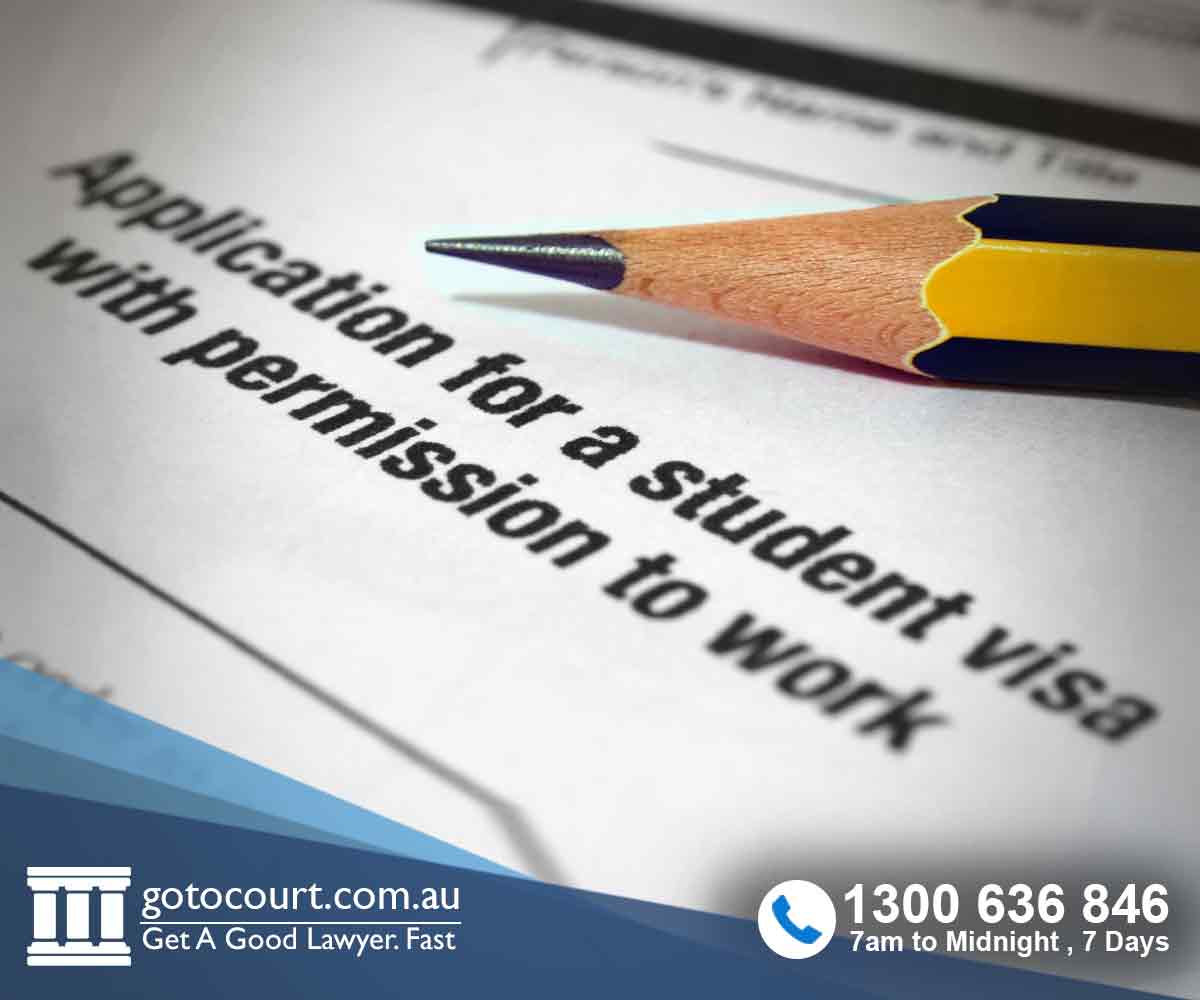Call our lawyers
now
or,
have our lawyers
call you
Detention Centres
Updated on Sep 29, 2023 • 4 min read • 751 views • Copy Link
Detention Centres
Australia has a number of different immigration detention facilities both onshore and offshore. These detention centres are used to hold people who are detained under Australia’s immigration policy of mandatory detention. Detention is used when a person without a valid visa enters or stays in Australia. Such a person is detained while their application or appeal to stay in the country is considered or while their removal is arranged. This page deals with immigration detention in Australia.
There are three kinds of immigration detention facilities within Australia. There are also offshore regional processing and detention facilities. All aspects of migration in Australia, including immigration detention, are governed by the Migration Act 1958 (Cth) which is administered by the Department of Home Affairs.
Immigration detention centres
Immigration detention centres (IDC) in Australia are privately operated. They are run by the company Serco, which has a contract with the Department of Home Affairs to run the centres. These facilities are used to detain people who have overstayed their visa, are in breach of their visa conditions or have come to Australia without a valid visa.
People who have been refused entry into Australia at an international airport or a seaport may also be detained in an IDC. This includes any irregular maritime arrivals who wish to claim asylum and are without passports, identity papers or valid entry visas. Under the Migration Act, people arriving in this manner are classified as unlawful non-citizens and are immediately placed in immigration detention.
IDCs hold medium- and high-risk detainees and most of the people in the centres are single adult males. They are located on Christmas Island and on the mainland in Maribyrnong, Perth, Villawood, Brisbane, Adelaide, Melbourne and Yongah Hill.
Immigration transit accommodation
Immigration Transit Accommodation (ITA) provides hostel-style accommodation for low-risk detainees, usually those who are nearing a resolution of their case. ITAs provide activities and programmes, including on-site recreational facilities.
There are ITAs in Melbourne, Adelaide and Brisbane. Whilst ITAs are intended as transit accommodation, persons have been held in them for periods of up to three years.
Alternative place of detention
Alternative places of detention (APODs) are for detainees who are assessed as being of minimal risk to the community. APODs can be hospitals, hotels. Aged care facilities or mental health facilities and they are a form of detention that is available to any detainee who meets the criteria.
APOD can be used for those in need of medical attention and treatment, for the purpose of educating school-aged minors, or for accommodation in the community that is made available through arrangements with other government departments.
In March 2023, there were APODS in use in New South Wales, South Australia, Queensland, Western Australia and Victoria, with the majority of detainees in APODs in Queensland.
Offshore detention
In the past, large numbers of unlawful maritime arrivals to Australia were held in privately operated offshore detention centres on Manus Island and Nauru. This occurred under a policy designed to deter vulnerable people from seeking asylum by boat in Australia.
The offshore detention centres caused widespread controversy because of the long periods of time for which asylum seekers were detained in them, the primitive and unsafe conditions they were reportedly held under, and the high rate of mental illness in the centres.
The practice of offshore detention has been criticised for its very high financial and human costs, with an estimated 12 billion dollars of taxpayers money having been spent on offshore detention. Thousands of people were also damaged mentally and physically by their time in the centres.
Manus Island Detention Centre
Australia funded an immigration detention centre that housed male asylum seekers on Manus Island in Papua New Guinea between 2001 and 2008. The centre was reopened in 2012 and closed in 2017, after the Papua New Guinea Supreme Court ruled that the centre was unconstitutional.
The remaining former detainees were moved to Lorengau and then to Port Moresby. The Australian government cut off all support to them in 2021, saying it was handing responsibility for them over to PNG.
Nauru Detention Centre
Nauru Detention Centre was opened in 2001 and closed in 2007, then reopened in 2012. It was used to house asylum seekers, including families with children.
In 2023, it was reported that the last detainee had been moved out of the Nauru Detention Centre; however, the Australian government continues to pay a contingency fee to Nauru for the centre to be held as an ‘enduring’ offshore capacity.
If you require legal advice or representation in any legal matter, please contact Go To Court Lawyers.

Affordable Lawyers
Our Go To Court Lawyers will assist you in all areas of law. We specialise in providing legal advice urgently – at the time when you need it most. If you need a lawyer right now, today, we can help you – no matter where you are in Australia.How It Works







1. You speak directly to a lawyer
When you call the Go To Court Legal Hotline, you will be connected directly to a lawyer, every time.


2. Get your legal situation assessed
We determine the best way forward in your legal matter, free of charge. If you want to go ahead and book a face-to-face appointment, we will connect you with a specialist in your local area.


3. We arrange everything as needed
If you want to go ahead and book a fact-to-face appointment, we will connect you with a specialist in your local area no matter where you are and even at very short notice.















